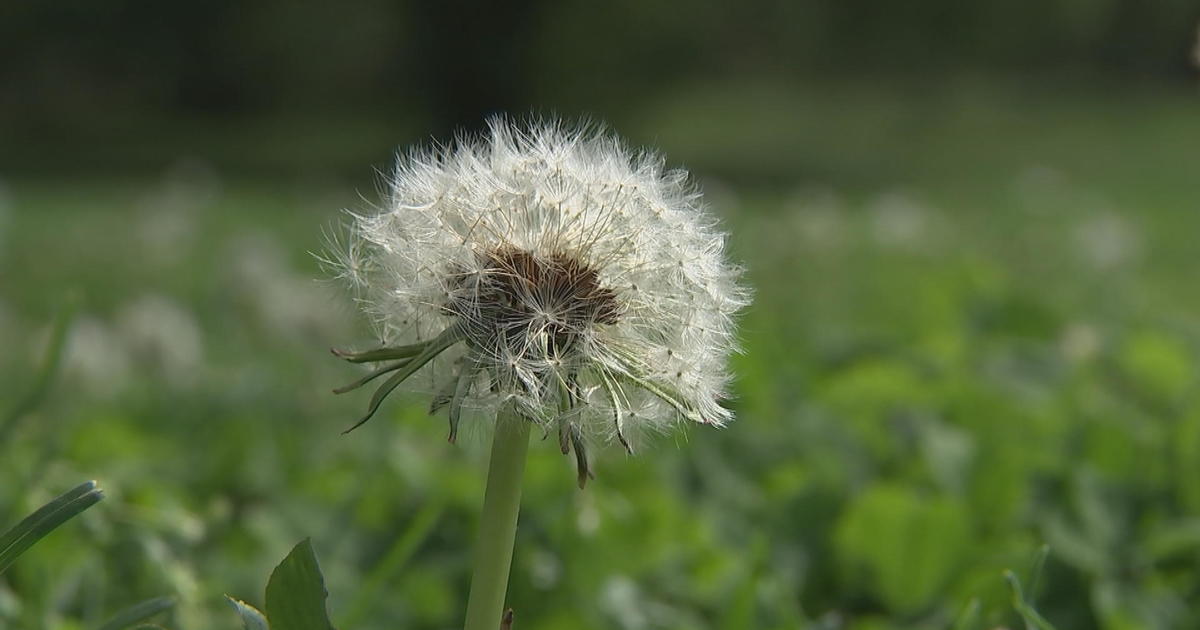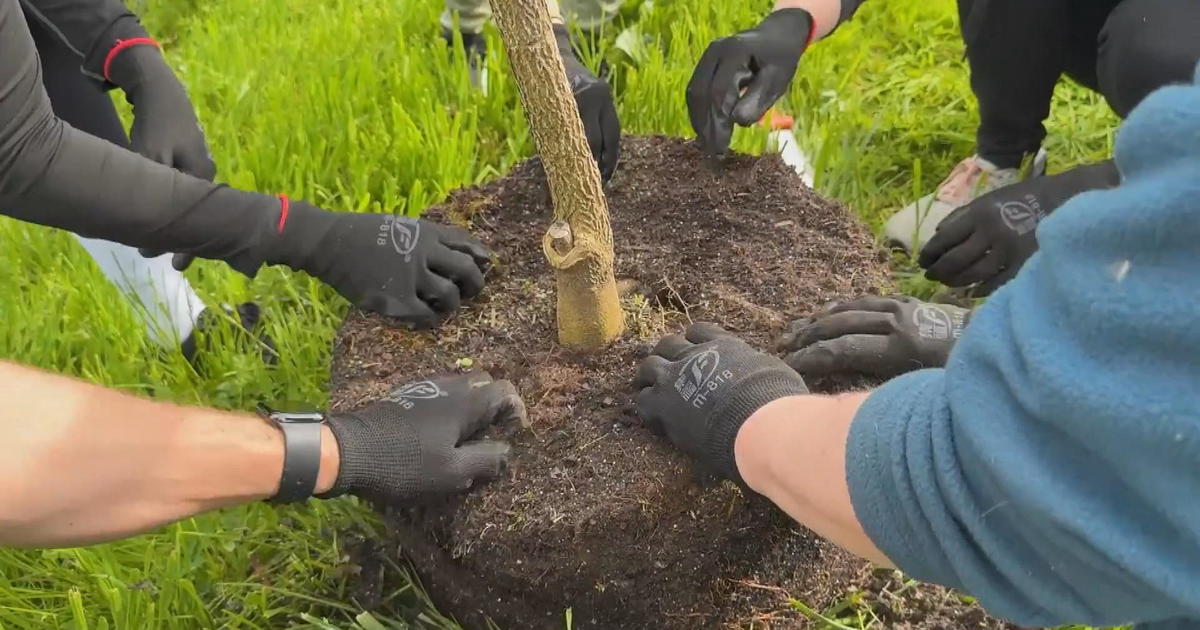Doctors Claim Climate Change Making Allergy Season Longer, More Severe
PHILADELPHIA (CBS) – Following a gloomy Friday and the weekend warm-up, the pollen levels are expected to soar. Allergy season will be longer and more intense.
Doctors say climate change is making allergies worse because there is a prolonged season of pollen blooming. If you have bad allergies, you should already be taking your medications.
The early spring flowers are out and the Philadelphia region might look beautiful, but it's bringing misery to many.
"Major congestion. Eyes would be swollen shut," Dominique Ruggieri, a University of Pennsylvania professor from Plymouth Meeting, said. "It was kind of a nightmare."
Ruggieri said her allergies kept her from enjoying outside activities with her family. She said she loves flowers but "couldn't go near them" because of her allergies.
The spring allergy season is getting longer because of climate change.
"We're seeing more people with allergy symptoms," Dr. Manav Segal, of Chestnut Hill Allergy & Asthma Associates, said. "As the climate warms and as the spring is warmer earlier, that means that we're going to see pollen levels start to rise earlier."
"Pollen levels are going to rise to high levels and that season's going to be longer," Segal added. "That end result will be more people with allergy symptoms for a longer period of time."
Many people can control symptoms with over-the-counter antihistamines, but they didn't work for Ruggieri. She now gets regular allergy shots.
"It is really a life-changer," Ruggieri said. "It's awesome. I didn't realize how many things I was avoiding until I started doing allergy shots."
Segal said with shots, patients are exposed to the things they're allergic to little by little.
Philadelphia Doctors, Scientists Create Revolutionary New Treatment To Combat Glioblastoma
"It builds a tolerance to those things you're allergic to," Segal said, "but over time, it actually changes the immune system so it's the only thing that's going to change the way your body sees those things you're allergic to, to make you less allergic."
Ruggieri said she now enjoys driving with the windows open and playing outside with her daughter.
In the last year, 20 million people have been diagnosed with allergies.
The best prevention is to avoid the things you're allergic to, but that can be difficult when pollen is in the air. Shots are only recommended for people with severe allergies who don't respond to other treatments.



